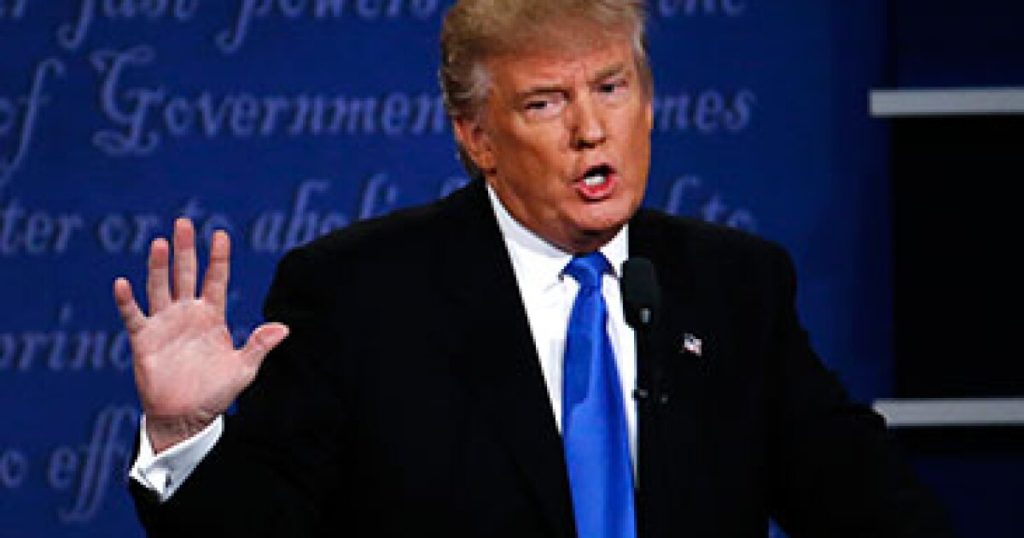Former President Donald Trump’s economic policies, particularly
A defining feature of Trump’s economic policy approach has been financial deregulation. By
While proponents of deregulation argue that fewer regulations mean increased credit availability for minority-owned businesses, this outcome is far from guaranteed. The underlying anti-diversity, equity and inclusion, or DEI, philosophy within the Trump-aligned MAGA movement suggests that deregulation could inadvertently — or intentionally — create avenues for financial institutions to bypass penalties for racial and gender discrimination. Nevertheless, there is a glimmer of hope that certain banks, as demonstrated by partnerships
On the other hand, the risks of deregulation cannot be overlooked. A weakened regulatory framework could expose minority consumers to predatory lending practices, discriminatory policies and higher fees. For example, rolling back the Community Reinvestment Act, or CRA, would reduce incentives for banks to invest in underserved communities, potentially stifling economic growth in minority neighborhoods.
Trump’s tax cuts during his first term primarily benefited corporations and high-income individuals. If similar policies are reintroduced, the effects on minority businesses and consumers could vary significantly. Larger minority-owned enterprises may benefit from tax savings, which could enable reinvestment and expansion. However, smaller businesses, often the backbone of minority communities, may not benefit due to limited deductions and credits available to sole proprietors and small partnerships.
For minority consumers, reduced federal tax revenue could lead to cuts in critical public services, including those provided by the Department of Commerce and the Small Business Administration. These programs are designed to support minority entrepreneurs, and their weakening would likely harm economic empowerment efforts. Additionally, a focus on tariffs and trade policies could further strain minority communities, as higher costs for goods erode consumer spending power and confidence.
Trump’s trade policies, particularly the imposition of tariffs, have historically aimed to protect domestic industries. However, they have also increased costs for businesses reliant on global supply chains — an issue that disproportionately affects small to midsize minority-owned operations.
Increased tariffs may encourage domestic sourcing, potentially creating opportunities for minority manufacturers and suppliers. Yet, these same policies introduce significant challenges, such as higher import costs and market uncertainty. Minority businesses operating on thin margins may find it difficult to absorb these costs, leading to price hikes and strained customer relationships.
Trump’s economic policies have historically widened the gap between wealthy and lower-income households, with minority communities disproportionately represented in the latter category. The resulting rise in inequality could have severe consequences for minority businesses and consumers alike.
For consumers, increasing income disparities will restrict access to affordable housing, elevate interest rates on loans and undermine financial security. Minority-owned businesses, which often rely on consumer spending within their communities, could face declining demand as disposable incomes shrink.
Despite the challenges, there are potential opportunities within Trump-aligned economic policies.
Deregulation could spur innovative lending products tailored to minority entrepreneurs. The continuation or expansion of Opportunity Zone programs may attract investment in underserved communities. And finally, a shift toward domestic sourcing could open new markets for minority manufacturers and suppliers.
For minority businesses and consumers, navigating Trump-aligned economic policies will require strategic planning and resilience:
Minority business organizations must push for balanced policies that promote economic growth without sacrificing consumer and small-business protections. Entrepreneurs should explore ways to capitalize on tax incentives and advocate for increased access to capital.
Business owners should remember that building financial resilience, diversifying revenue streams, and fostering relationships with community banks and credit unions can help safeguard against policy shifts.
The stakes are high. Trump’s policies have historically proven damaging to minority businesses, with a staggering 41% of Black firms closing during his prior term due to factors exacerbated by economic mismanagement and the pandemic. While some opportunities for growth may emerge, the risks of declining consumer protections, widening income inequality and reduced community investment far outweigh the potential benefits.
For minority entrepreneurs and consumers, success in this policy environment will depend on collaboration, advocacy and an unwavering commitment to economic justice. Only by working together can these communities withstand the challenges and seize the opportunities presented by Trump-aligned banking and financial services policies.

